The project marked a turning point in the governance of Papua New Guinea's infrastructure sectors. By building commitment among policymakers and political leaders, the initiative laid the groundwork for meaningful reform. The structured approach promoted institutional efficiency, improved service delivery, and fostered a governance model that aligns with the country's long-term development aspirations. Hon. David Butcher's leadership and the partnership with Opus International provided a clear roadmap for institutional reform, emphasizing the importance of strong legal frameworks and coordinated management. As a result, Papua New Guinea became better positioned to leverage its infrastructure for sustainable economic and social growth, making significant strides towards modernizing public sector management.
— Papua New Guinea —
governance. reform. development.
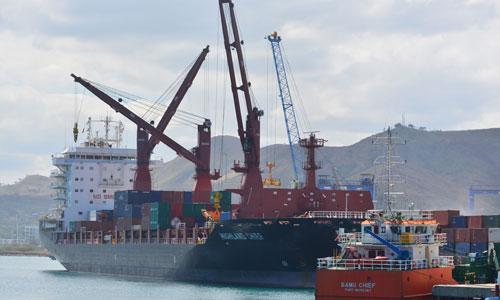
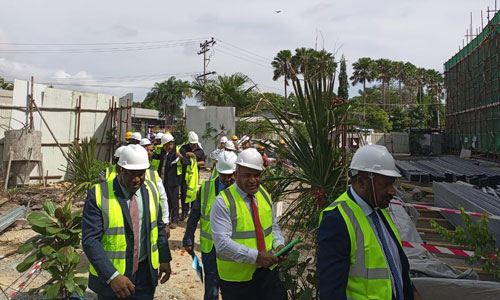
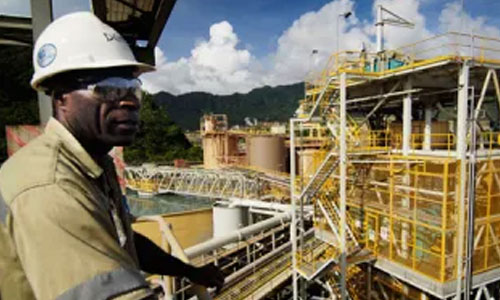
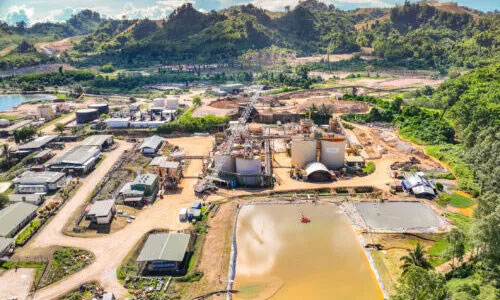
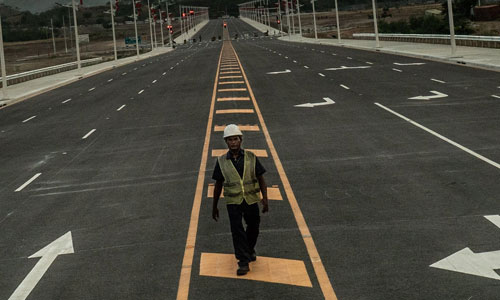
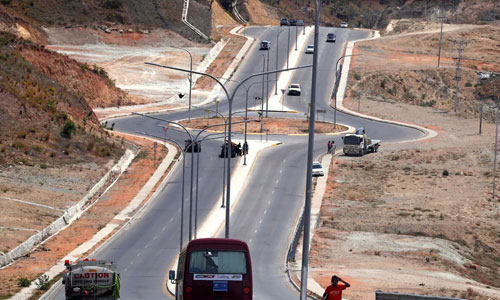
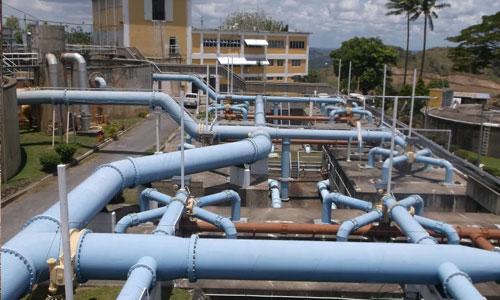

Building Infrastructure Governance in Papua New Guinea: A Strategic Pathway to Reform
"Effective infrastructure governance is fundamental for sustainable development, enabling countries to maximize the social and economic benefits of public investments." — World Bank Report, 1995
Challenge
In the mid-1990s, Papua New Guinea faced significant challenges managing its infrastructure sectors. The Departments of Works, Transport, Marine, Civil Aviation, and Stores were all burdened by outdated legal frameworks and fragmented institutional structures. These issues led to inefficiency, overlapping functions, and a lack of accountability. The absence of a coherent governance model hindered the delivery of essential services and infrastructure development, affecting the country's overall economic and social progress. Recognizing the critical need for structural reform, the World Bank initiated a strategic project to assess and analyze these infrastructure sectors' legal and institutional status. The project aimed to help government policymakers, officials, and political leaders understand the rationale for reform and how it could drive sustainable development. To lead this vital initiative, the World Bank engaged Hon. David Butcher, a distinguished international government expert and former senior minister in the New Zealand government, in partnership with Opus International. Their combined expertise provided a robust foundation for analyzing the governance challenges and proposing practical solutions.
Strategy
Hon. David Butcher and the Opus International team comprehensively analyzed the infrastructure sectors, focusing on governance frameworks, institutional efficiency, and legal structures. The project involved extensive consultations with government officials, department leaders, and political stakeholders to ensure alignment with national development goals. The key strategic recommendations included:
- Strengthening Legal Frameworks: Revising outdated laws to create a modern, flexible, transparent regulatory environment that aligns with international standards.
- Institutional Restructuring: Streamlining the roles and responsibilities of the Departments of Works, Transport, Marine, Civil Aviation, and Stores to reduce duplication and enhance coordination.
- Capacity Building: Training government officials and sector managers to effectively implement and manage new governance models.
- Fostering Political Commitment: Engaging political leaders to build consensus on the importance of infrastructure reform and its long-term benefits for social and economic development.
- Public Awareness Campaign: Educating the public on the significance of governance reforms to generate community support and stakeholder buy-in.
- Monitoring and Evaluation: Implementing mechanisms to track the progress of reforms and ensure continuous improvement in governance practices.